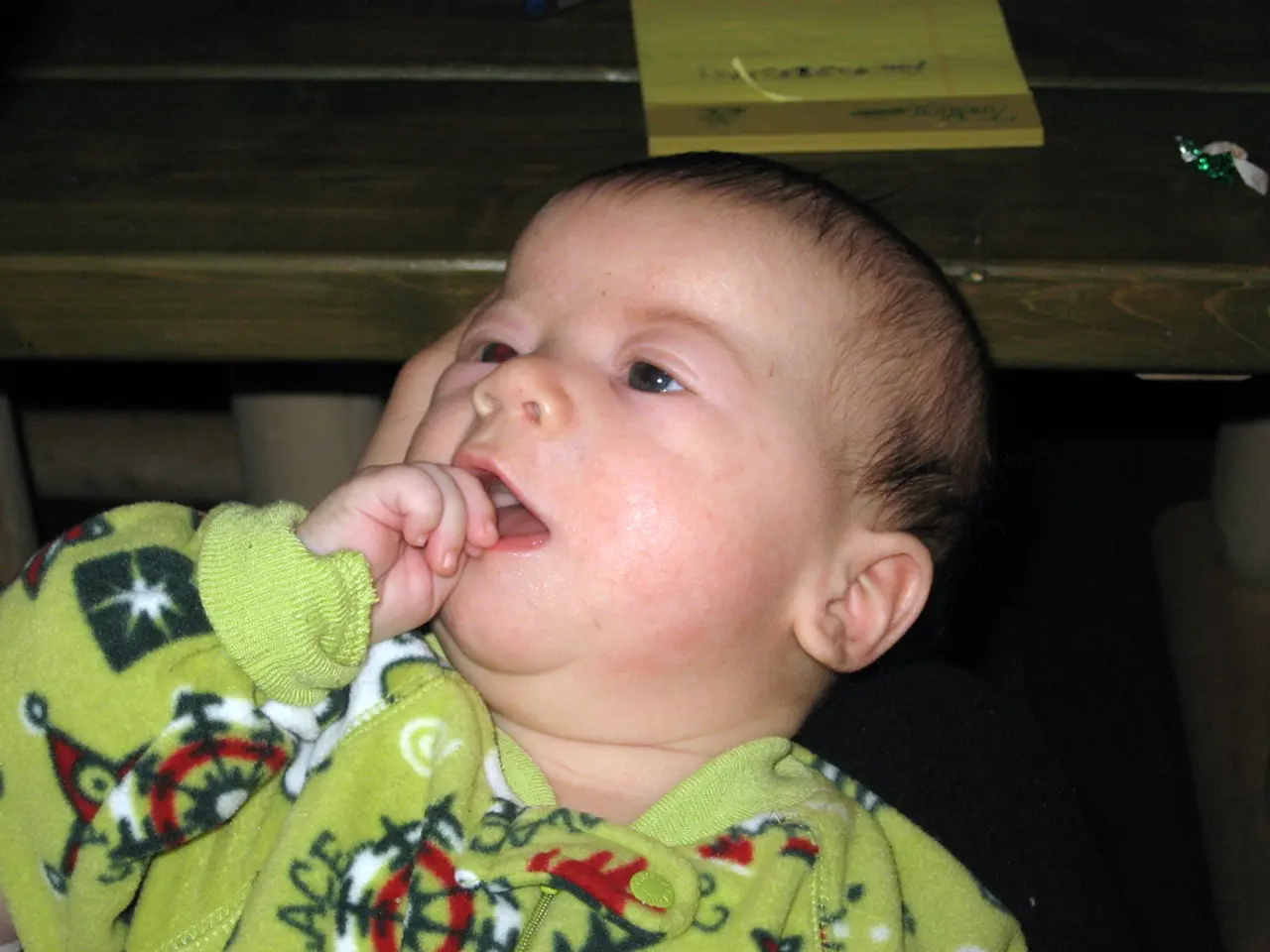Grief After Losing a Mother: Coping and Consequences
Losing a mother is a deeply traumatic experience, regardless of age. Grief can manifest in various ways, affecting both mental and physical health. It's crucial to remember that support is available and that grief is a natural process with its own stages.
Coping with grief may involve several strategies. Keeping up with traditions and focusing on happy memories can help maintain a connection with the lost loved one. Looking to other maternal figures for support and practicing anxiety management can also be beneficial. Honoring your mother through acts of kindness or remembrance can bring a sense of closure. Helping others in need can provide a sense of purpose and distract from the pain.
Grief can have severe consequences if left unaddressed. It can lead to depression and a compromised sense of self in young adults. Daughters, in particular, may face increased binge drinking, lower self-esteem, and less personal growth. Normal emotions in the year following parental loss include regret, remorse, anxiety, guilt, emptiness, rage, anger, sadness, and numbness. Physically, grief can increase the risk of cancer, cardiac issues, immune disorders, and high blood pressure. It can also strain relationships within the family.
The most common psychological consequences of mourning the loss of a mother include depression, anxiety, intense sadness, feelings of loneliness, guilt, and difficulty concentrating. Physical effects often involve fatigue, sleep disturbances, and somatic symptoms such as headaches or muscle pain. Women may have a more intense grief response and difficulty adjusting to the loss. Grief can occur in stages, with immediate symptoms often being the most severe.
If grief becomes overwhelming, immediate help is available through the 988 Suicide and Crisis Lifeline, Crisis Text Line, or local resources. It's essential to seek support and remember that everyone's grief journey is unique. While losing a mother is a deeply painful experience, it's important to acknowledge and work through these feelings to eventually find healing and acceptance.




